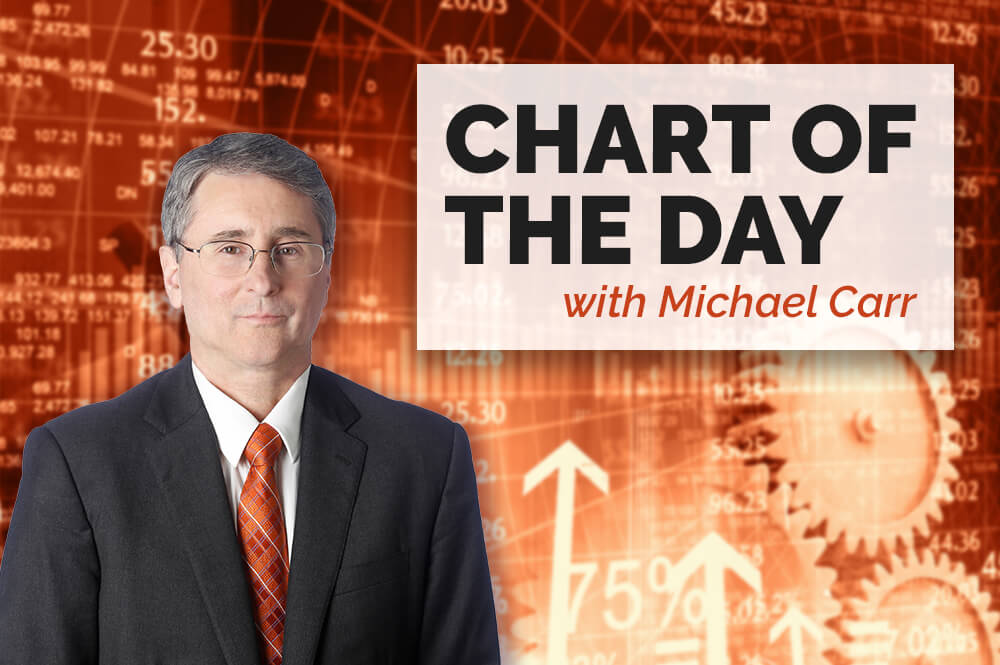Individual investors know that stocks beat bonds in the long run. In fact, the only reason to own bonds is to reduce volatility. At least that’s what they’ve been told for decades.
Data contradicts this piece of common knowledge, as it so often does for investors. The truth is that since the beginning of 2000 through April 29, bonds beat stocks.
Bonds Beat Stocks
Treasury bonds, the safest possible asset class, delivered the best returns, gaining an average of 8.3% a year over that time. The S&P 500 provided investors with an average annual return of 5.4% — and made them endure three declines of at least 30%.
The only asset class that lagged stocks is the broad bond market, which is among the most common ways investors access bonds.
Source: Bloomberg, NY Times
iShares Core U.S. Aggregate Bond ETF (NYSE: AGG) represents the broad bond market. This is an ETF with more than $68 billion in assets. Bond allocations in retirement plans often mirror AGG. An estimated $1.2 trillion is pegged to this index.
It will surprise many investors to learn that the standard 60/40 portfolio (60% allocation to the S&P 500 Index, 40% allocated to the Aggregate Bond Index) contained two of the worst asset classes over the past 20 years.
Many investors will ignore this data. They will say that interest rates are at record lows now. The performance of the past 20 years can’t possibly be repeated.
They could be wrong. Interest rates have been below 1% in Japan for more than 20 years. Over that time, the Nikkei 225, a benchmark stock market index, lost an average of 0.4% a year.
It is possible interest rates can remain low and bond market returns could be minimal for the next 20 years. And it is also possible those minimal returns could see bonds beat stocks in the long run.
Now is an ideal time for investors to review their assumptions. It could be time to forget about the long run and adopt a strategy that focuses on the short term, where returns can be more predictable.
• Michael Carr is a Chartered Market Technician for Banyan Hill Publishing and the Editor of One Trade, Peak Velocity Trader and Precision Profits. He teaches technical analysis and quantitative technical analysis at New York Institute of Finance. Mr. Carr also is the former editor of the CMT Association newsletter Technically Speaking.
Follow him on Twitter @MichaelCarrGuru
Editor’s note: Check out our latest podcast, The Bull & The Bear, to hear staff writer Matthew Clark and Michael Carr discuss the 60/40 portfolio in depth.
